During this time of year, we often find ourselves distracted. The holiday season can be a stressful time for many. Whether is it because we’re needing to hold boundaries we’ve set with family members that we will now see at holiday gatherings, or simply because of the seemingly endless lists of things to do, places to go, and events to organize, even the cheeriest time of year can feel like we’re struggling to find peace.
Impacts of Gratitude
One way that we can refocus during this time of busyness and hurry is to work on improving our mindset in general. That may seem like a lofty aspiration or like something that is too complicated to work towards, but there is actually a very simple way to improve your mindset starting now that will carry throughout the holiday season. And, if you continue this practice, it will only continue to improve your mindset and positively impact your mental health. Practicing gratitude is one proven way to improve your mindset and make sure that your mental health is a priority.
Expressing and focusing on gratitude and thankfulness has so many benefits to our mindset and ultimately our mental health. A grateful attitude and mindset is by nature positive, and when we’re more focused on the positive things in our lives, it is harder to be negative. Researchers have shown that while gratitude cannot cure depression, anxiety, or other mental health issues, simple gratitude practices positively impact patients’ outcomes in dealing with these struggles.
Gratitude places us in the present. Rather than focusing on what we don’t have or the things we’re worried about for the future, when we are grateful, we are fully focused on the present. This means we are less likely to be burdened by the past or anxious about the future.
Gratitude can also have a significant impact on our relationships. Researchers at Harvard Medical School noted that couples who took the time to thank their partners had more positive thoughts toward the other person and felt more comfortable expressing concerns about the relationship. When we know we are valued by our partner because they express consistent gratitude and thanks, we feel more secure. We know that even if there are disagreements or issues, they appreciate us as a person, and they want what is best for our life together.
Practicing Gratitude
The Oxford English Dictionary defines gratitude as “the quality of being thankful; readiness to show appreciation for and return kindness,” but what does that look like in our every-day lives? There are so many creative ways that you can focus on gratitude, but these are just a few to get you started:
Keep a gratitude journal. - Start or end every day by writing down three things for which you are thankful. They can be incredibly simple: your health, your family, your job, warm coffee, the ability to exercise, getting to see a friend, really anything that you noticed in your day that brought you joy or a sense of thankfulness. Focus on those three things for ten minutes, thinking about why they are important to you and how you can bring more of this type of thing into your life. You’ll be quickly surprised by how many things you have to be thankful for in life.
Write a thank you note. - Think about the people in your life who have had a positive impact. Sit down and write them a note, telling them why they are important to you and how they have positively affected you. This focus on others can almost instantly shift your mindset away from problems or troubles in your life to something good and uplifting. As an added bonus, they get the benefit of knowing you appreciate them.
Be intentional in thanking those around you. - Especially during the holidays, everyone’s stress levels are high. It can be easy to slip into transactional interactions with others - cashiers, retail workers, restaurant servers, etc. - without ever really thanking them. Try to make a point of taking an extra few seconds to make eye contact with the person you’re receiving a service from and thanking them for their time and effort. This may seem like an obvious thing to do, but we’ve all been in such a hurry that we didn’t even notice the human in front of us. Slowing down to be intentional in our thankfulness toward others has a positive impact in our own lives as well as in theirs.
Give back to your community. - While giving may not seem like an act of gratitude, it really is. In order to give to others, we have to first recognize that we are in a situation where we have enough to give. We have enough time to volunteer. We have enough clothing that we can make a donation. We have enough money to help buy coats or gifts for children in our local schools. We have enough change to put a little in the Salvation Army collection bucket. Even if the gift to others seems small, its impact can be large, for others and yourself. If you know you have enough and are grateful for what you have, then you can give to others out of a full and joyful heart.
We at Rockwall Counseling and Wellness are grateful for you, our community. We appreciate your continued support and are thankful to be a part of your lives. We know that working with individuals, couples, and families to foster improved mental health and strong relationships is an immense responsibility, one we do not take lightly. Thank you for trusting us with your well-being!


